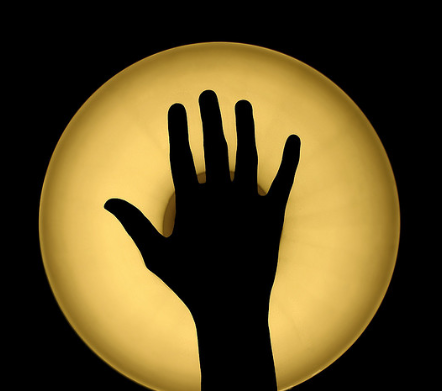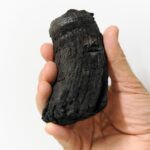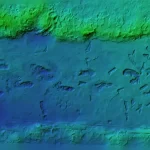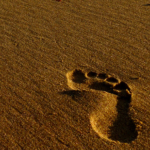New Scientist
Image: Mktp
Are you a south paw? a port-sider? A new study into what makes people left-handed shows that some of the genes that control asymmetries in the body also help to determine hand preference.
William Brandler at the University of Oxford and his colleagues examined data from 3300 volunteers, who performed a task to determine how strongly left or right-handed they are.
The researchers also looked at more than 100,000 common mutations across the volunteers’ genomes, and found that one, in a gene called PCSK6, was the most strongly correlated with handedness.
“When we looked up what the gene actually does, it was a real eureka moment,” says Brandler: PCSK6 plays a key role in governing the body’s left-right asymmetry during development. Disrupting this gene in mice can result in their organs forming on the wrong side of the body. Read more on newscientist.com…








